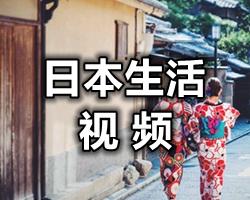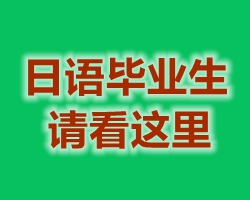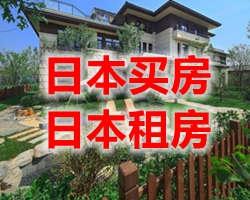|
冈本喜八(1923年2月17日 – 2005年2月19日)是日本著名电影导演,他擅长拍摄各种类型的影片,尤其是时代剧,一生拍摄了约40部电影。 [编辑] 生平 独立执导的机会于1958年来临, with the melodramas All About Marriage and Wakai Musumetachi [tr: Young girls]. He quickly began to specialise in action films and directed three entries in Toho's successful Underworld (Ankokugai) series, featuring his first of many collaborations with Toshiro Mifune. The films paired Mifune with a young Koji Tsuruta, who after two entries jumped ship to join Toei, where he starred in a competing series of Underworld movies before going on to become the undisputed star of Toei's ninkyo eiga yakuza films. A big fan of John Ford, Okamoto quickly began to model his action films on American westerns. Mixing this with his war experience, he delivered another bonafide hit with Desperado Outpost (1959), in which he transposed a cowboys-and-indians plot to the Manchurian frontlines of the 1940s. A sequel, Westward Desperado, followed less than a year later. The Desperado films also featured a liberal amount of satire and comic asides, hinting at Okamoto's interests in comedies and musicals. However, after his Noh musical comedy Oh, Bomb sank, perhaps unsurprisingly, at the box office in 1964, he was forced to indulge in this particular love in roundabout ways. After starting work in the genre for which he is best known overseas, the chanbara, with 1963's Warring Clans, he began designing a very rhythmic approach to filming and editing action sequences. Carefully timed placement of sound effects and music combined with camera movement and movement within the frame to form a very rhythmic, almost musical whole.
With the end of the studio era in the early 1970s, Okamoto returned to a more diverse output as a free agent. He had made his first of three films for ATG in 1968 with the self-financed war satire Human Bullet (another two followed: Battle Cry in 1975 and At this Late Date, the Charleston in 1981), but nevertheless his interest in genre cinema on the one hand and music and comedy on the other hand continued to characterise his output. Often in close partnership with his producer wife Minako, Okamoto ventured into territories as eclectic as a science-fiction satire (Blue Christmas, 1978), a crime comedy (Rainbow Kids, 1991), a samurai western (East Meets West, 1995) and the story of a quartet of black jazz musician lost in 19th-century Japan (Dixieland Daimyo, 1986). Okamoto's final film, 2001's Vengeance for Sale, saw him return to the chanbara genre, albeit with a generous comic slant. The film reunited him with Tatsuya Nakadai, star of his most internationally feted film Sword of Doom. 冈本喜八和小林正树都是电影《虎!虎!虎!》日本部分的导演人选,但都未选中。 By the time he made Vengeance for Sale, however, the director was already in ill health. After the stroke that felled him during the shooting of East Meets West, Okamoto also suffered from lung problems. He had plans for another film, for which he had already written the script, but it was not to be. He died of esophagus cancer two days after his 81st birthday, on February 19, 2005. With Kihachi Okamoto gone, plus the recent passing of film noir specialist Yoshitaro Nomura, the ever non-conformist Seijun Suzuki remains the last active filmmaker of Japan's battlefield generation. |
日本电影导演--冈本喜八
娱乐录入:贯通日本语 责任编辑:贯通日本语
相关文章
日本电影导演——富野由悠季
日本电影导演——相米慎二
日本电影导演——野村芳太郎
日本电影导演——樋口真嗣
日本电影导演——望月智充
日本电影导演——近藤喜文
日本电影导演——林海象
日本电影导演——犬童一心
日本电影导演——成濑巳喜男
日本电影导演——冈本喜八
日本电影导演——熊井启
日本电影导演——周防正行
日本电影导演——村上正典
日本电影导演——铃木雅之
日本电影导演——本广克行
日本电影导演——森田芳光
日本电影导演——筱田正浩
日本电影导演——木下惠介
日本电影导演——小林正树
日本电影导演——市川昆
日本电影导演——降旗康男
日本电影导演——是枝裕和
日本电影导演——柳町光男
日本电影导演——寺山修司
日本电影导演——佐藤纯弥











